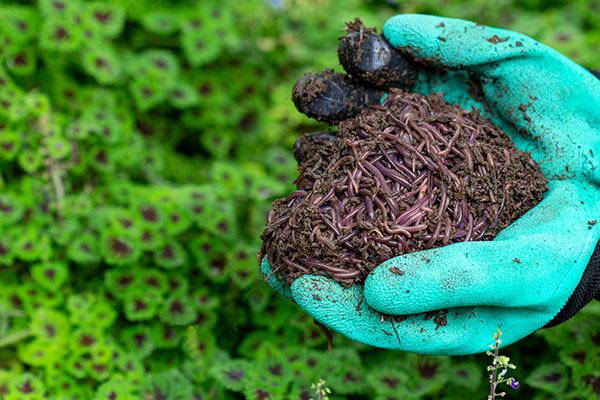
Many studies have observed how microbiota interacts with aspects of human life and linked these gastrointestinal bacteria to the onset, incidence, and treatment of a number of diseases, including inflammatory bowel disease and cancer.
A study published in the journal Gastroenterology and Hepatology claimed that having a wide variety of healthy bacteria in the gut can give various health benefits, including enhancing the immune system, improving depression symptoms, as well as fighting obesity.
Keeping your gut and microbiota healthy is key to keeping your bodiy in tip-top shape. Inversely, you can also keep the gut microbiota happy by leading a healthier lifestyle.
Trust your gut with these health tips
A healthy gut is a happy gut and there's no better way to keep the microbiota blooming and healthy than striving toward a healthier lifestyle. Here are a few ways to improve your gut bacteria:
Change up your diet
A normal, healthy microbiota contains several different species of bacteria. Each of these bacteria plays a specific role in improving your health and requires different nutrients to flourish and grow.
Studies have shown that a diverse microbiota is a healthy one. The more kinds of bacteria you have in your microbiome, the more health benefits you can reap from keeping them healthy.
One way to do so is by having a diverse, nutrient-rich diet. Having a diet consisting of different food types that provide a variety of nutrients has been found to contribute to microbiota diversity and health.
A study by Christoph Thaiss, an assistant professor of microbiology at the University of Pennsylvania, found that the loss of flavonoids – nutrients found in almost all fruits and vegetables – in the diet of an obese mouse caused fat cells to slow down and burn fewer calories. However, when these flavonoids were re-introduced, the fat cells resumed normal activity and weight gain stopped.
Take prebiotics and probiotics
In addition to changing up the variety of food, adding prebiotic and probiotic food to your diet can help improve gut health.
Prebiotics are food compounds that provide food to your gut microbiota, promoting the growth and activity of beneficial microorganisms. These are typically found in foods like asparagus, legumes, bananas, and leeks. (Related: Prebiotic-rich diets helps you manage stress by altering specific areas of the brain.)
On the other hand, probiotics are the live beneficial bacteria that swing the microbiota's bacterial balance toward "good," preventing harmful bacteria from overrunning the system and causing various issues like inflammation and gastrointestinal diseases. However, different probiotics handle different health conditions. Choosing the right probiotic is essential for proper treatment.
Get proper sleep
Not getting enough sleep can seriously impact your health, including your gut health. Studies have shown that sleep deprivation can have a negative effect on microbiome health.
A study published in Molecular Metabolism was the first to investigate the association between gut microbiota health and recurrent sleep deprivation. After two nights of partial sleep deprivation, the results showed that there was a significant decrease in types of beneficial bacteria found in the microbiota, as well as insulin sensitivity. Additionally, the researchers also observed the development of bacterial compositions linked to obesity and Type 2 diabetes.
Try to prioritize getting at least seven to eight hours of uninterrupted sleep per night.
The human gut is significantly more complex than previously thought and has a big impact on health. Make these lifestyle changes today and take care of your gut, and it will take care of you.
Sources include:
GastroenterologyAndHepatology.net [PDF]
Genome.gov [PDF]
Please contact us for more information.























